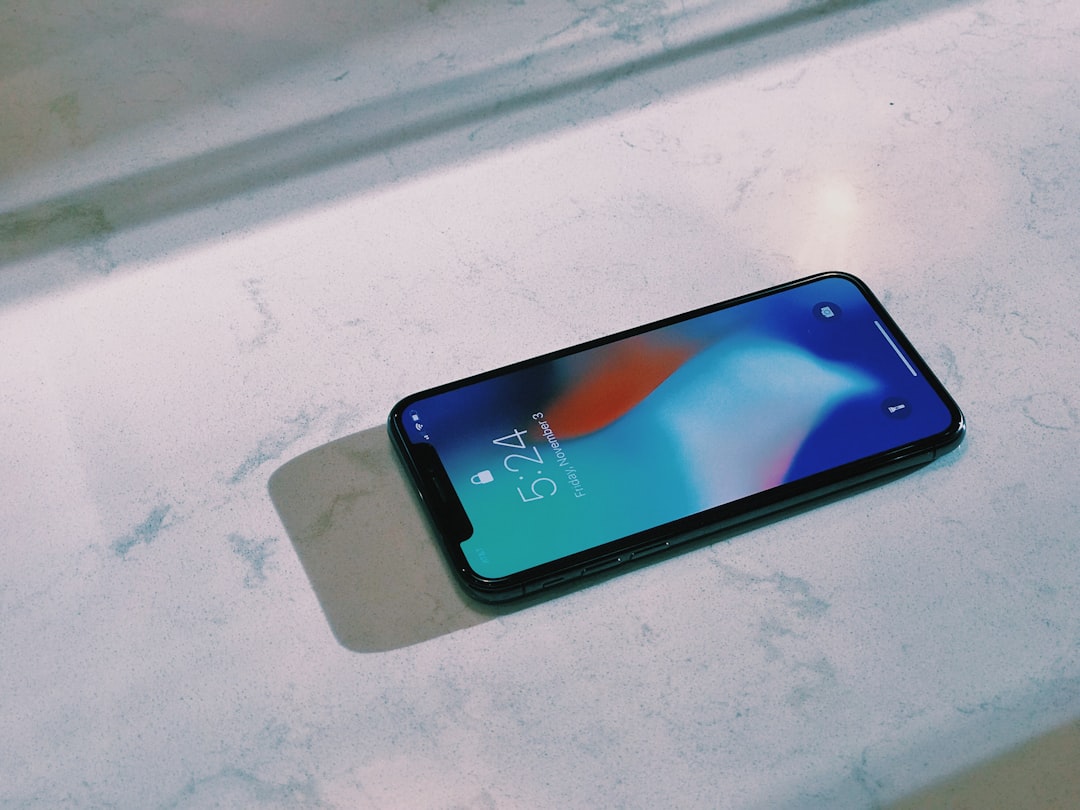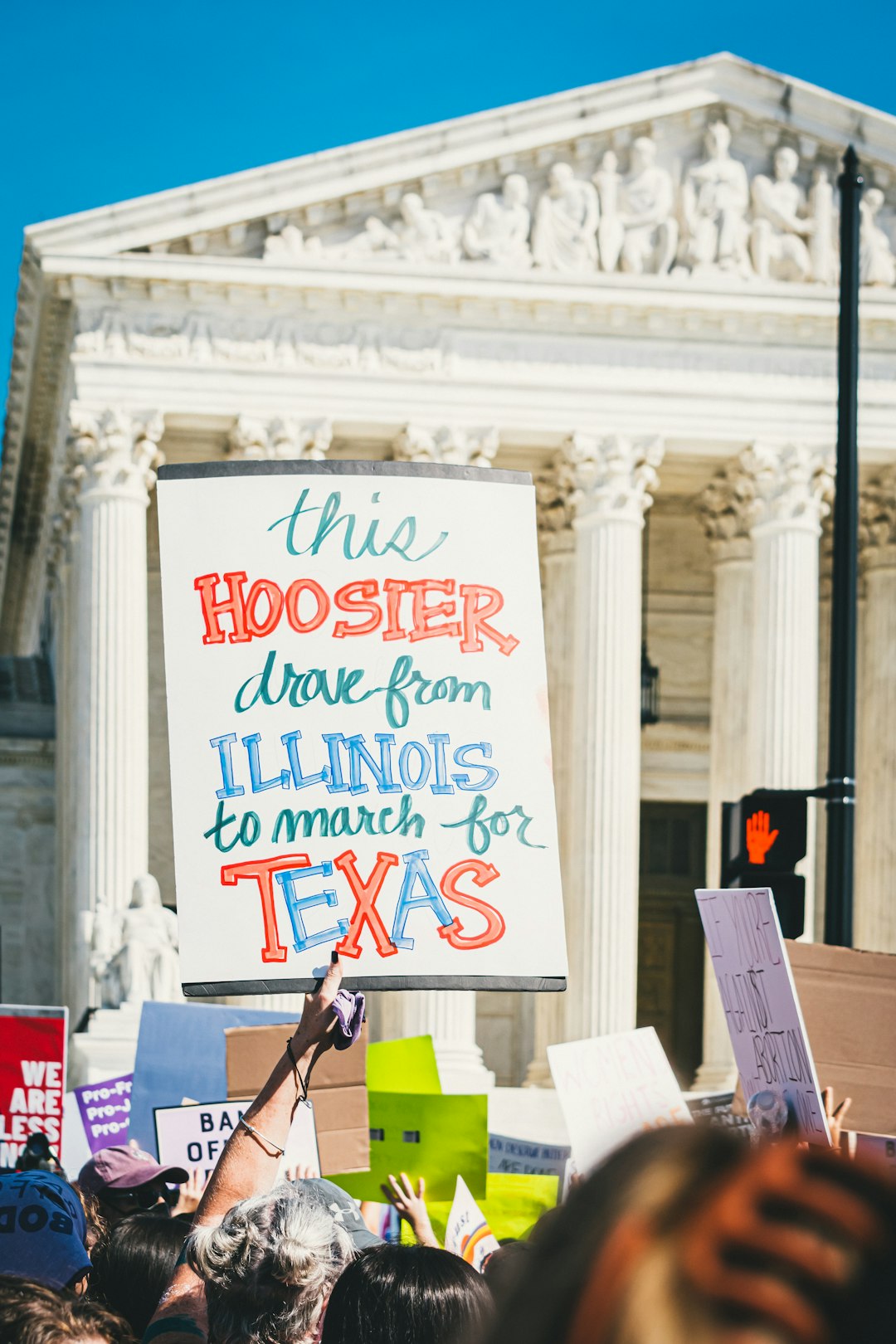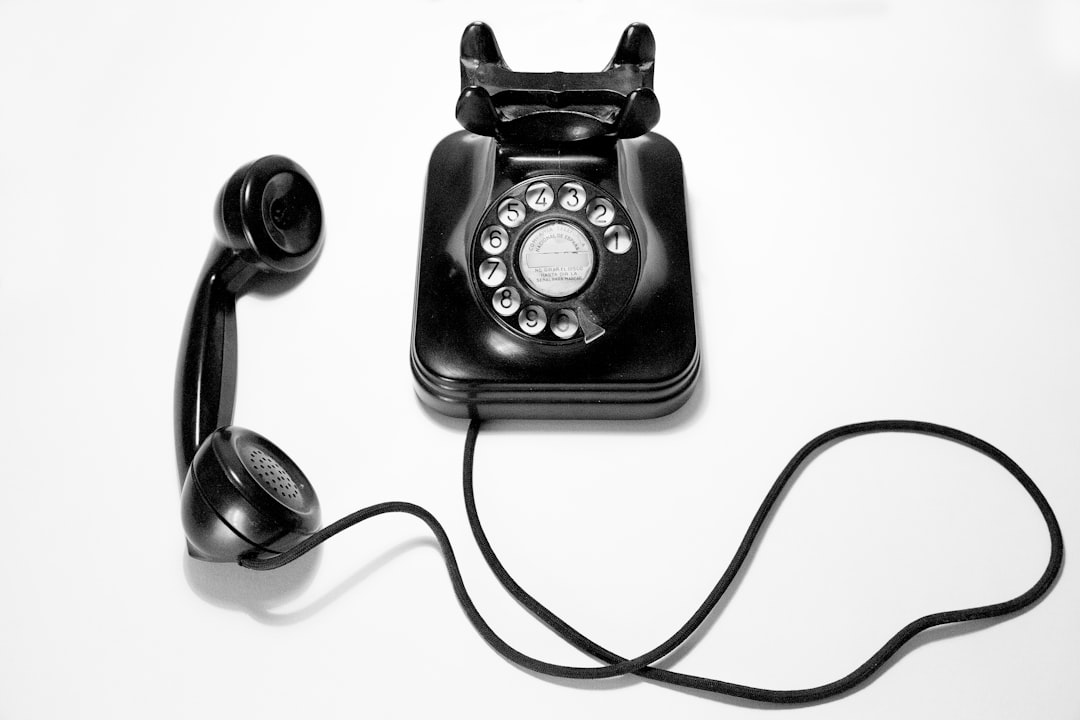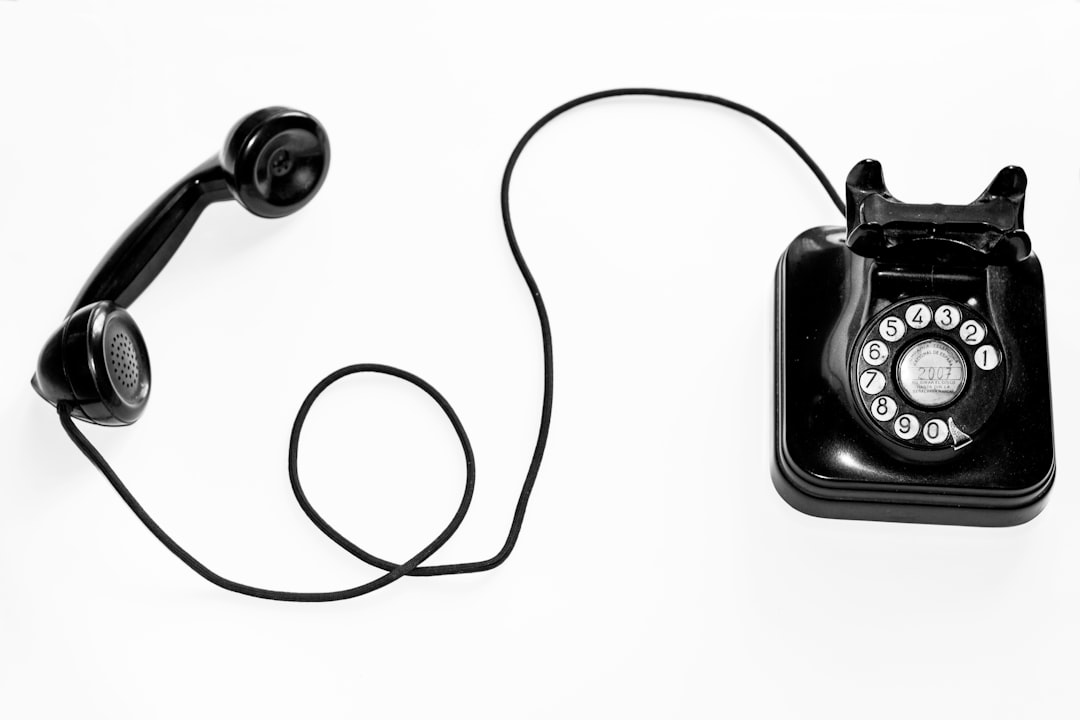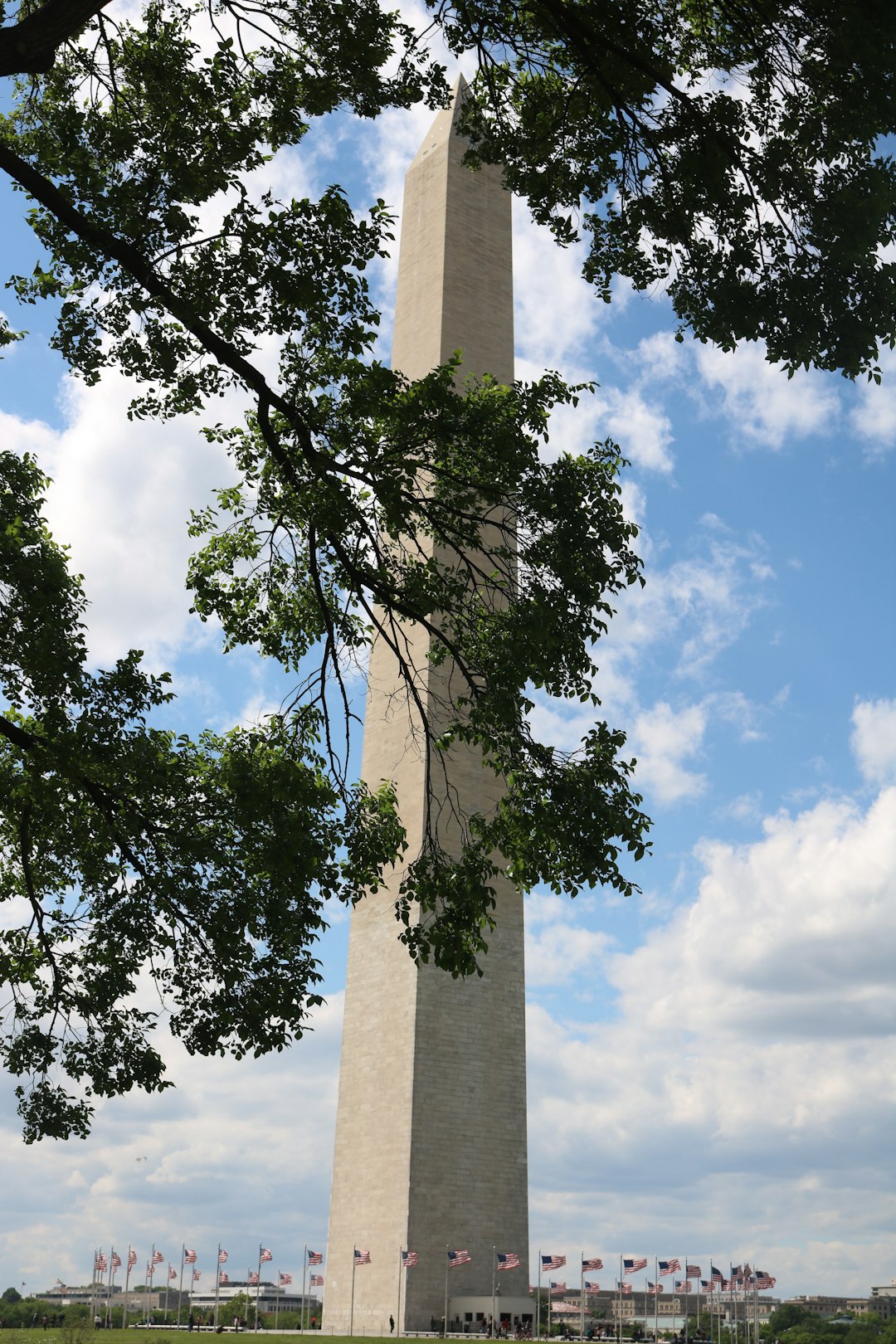Robocalls have become a growing problem in Washington D.C., affecting businesses with unwanted telemarketing and scams. The Telephone Consumer Protection Act (TCPA) offers legal protections, but companies still face risks from unauthorized calls. Engaging a lawyer for Robocall DC is crucial to navigate these complexities, file complaints, and seek compensation or penalties against violators, ensuring business privacy and a safer environment. High-profile lawsuits have shown the effectiveness of legal action in combating nuisance robocalls.
In today’s digital age, businesses in Washington D.C. face an unprecedented challenge from robocalls, which can disrupt operations and harm reputation. This article delves into the growing concern of automated telemarketing calls targeting local companies, exploring their impact and legal ramifications. We analyze the relevant legal framework in DC, common scenarios that constitute illegal robocalls, and the critical role a lawyer for Robocall DC plays in navigating these complex cases. Notable lawsuit successes highlight effective strategies to combat this modern nuisance.
Understanding Robocalls and Their Impact on DC Businesses

Robocalls, automated phone calls that deliver pre-recorded messages, have become a ubiquitous yet often unwanted feature of modern communication. While they can be used for legitimate purposes like marketing or reminders, they’ve gained a notorious reputation due to their prevalence in telemarketing and scam schemes. In the bustling business environment of Washington D.C., where companies navigate a complex regulatory landscape, robocalls pose a significant challenge. Many businesses in DC have fallen victim to unsolicited robocalls, leading to increased operational costs, potential customer backlash, and legal repercussions for violators.
When these automated calls invade the privacy of DC business owners, it’s crucial to understand the source and intent behind them. A lawyer specializing in robocall lawsuits in DC can help businesses navigate complex laws like the Telephone Consumer Protection Act (TCPA), which restricts unsolicited robocalls. By employing legal expertise, affected businesses can hold offenders accountable, secure compensation for damages, and establish a precedent against excessive or illegal robocalling practices.
Legal Framework for Stopping Unwanted Robocalls in DC

In the District of Columbia, the legal framework for combating unwanted robocalls is well-established to protect businesses from intrusive and illegal telemarketing practices. The Consumer Protection Division within the Attorney General’s Office actively enforces laws against robocallers who target DC businesses, including the Telephone Consumer Protection Act (TCPA). This federal law restricts automated telephone marketing calls unless a business has given explicit consent. DC also has its own strict do-not-call list and regulations, further safeguarding local companies from unwanted calls.
Business owners in Washington D.C. who are victims of robocalls have legal recourse through a lawyer for Robocall DC. If a company receives or makes automated phone calls without proper authorization, individuals or entities can file a complaint with the Attorney General’s Office. These complaints trigger investigations that may lead to significant penalties for violators and provide relief to affected businesses. Understanding these legal protections is crucial for any business seeking to stop robocalls and maintain a peaceful, undisturbed work environment.
When Does a Robocall Become Illegal? Common Scenarios

In Washington D.C., as in many jurisdictions, automated robocalls are generally legal when used with explicit consent. However, a robocall becomes illegal if it is made to a business without prior authorization or violates federal guidelines, such as those set by the Telephone Consumer Protection Act (TCPA). Common scenarios where businesses may face legal issues include receiving robocalls for marketing purposes from unknown sources or companies that have not obtained proper consent.
Additionally, calls that use automated dialing systems to deliver prerecorded messages must disclose this fact at the beginning of the call. Failure to do so can result in a lawsuit by a business that receives such calls without their permission. Engaging a lawyer for robocall DC who specializes in TCPA compliance and litigation is advisable for businesses looking to protect themselves from potential legal repercussions related to automated phone calls.
The Role of a Lawyer in Navigating Robocall Lawsuit Cases

When faced with a lawsuit related to robocalls in Washington D.C., engaging a seasoned lawyer for Robocall DC is paramount. These legal professionals are equipped to navigate the intricate web of regulations surrounding telemarketing practices, ensuring clients’ rights are protected. They possess in-depth knowledge of the Telephone Consumer Protection Act (TCPA) and related state laws, which can vary significantly from one jurisdiction to another.
A lawyer for Robocall DC can provide crucial guidance on how to respond to legal notices, draft effective counterarguments, and represent clients during court proceedings. Their expertise extends to negotiating settlements, ensuring businesses receive fair compensation or avoid potentially costly penalties. Moreover, they stay abreast of legislative changes and regulatory updates, keeping clients informed about any modifications that may impact their case.
Success Stories: Notable Robocall Lawsuit Cases in DC

In recent years, several high-profile cases have highlighted the effectiveness of taking action against robocalls targeting businesses in Washington D.C. These lawsuit success stories serve as a powerful reminder to companies across the nation that aggressive legal measures can be taken to combat these intrusive and often illegal automated calls. One notable case involved a local retail business that successfully sued a telemarketer for repeatedly placing unwanted robocalls, leading to significant financial losses and damage to their reputation. The plaintiff was awarded substantial damages, setting a precedent for similar businesses in the area.
Another compelling example is a tech startup that partnered with a lawyer for Robocall DC to combat a series of nuisance calls. Through strategic legal action, they not only stopped the unwanted calls but also forced the caller to pay damages. This case demonstrates the strength of the legal system in protecting businesses from what can often feel like an unending flood of robocalls. Such victories not only provide financial compensation but also deter future violators, ensuring a safer and more peaceful business environment for all companies operating in Washington D.C.
